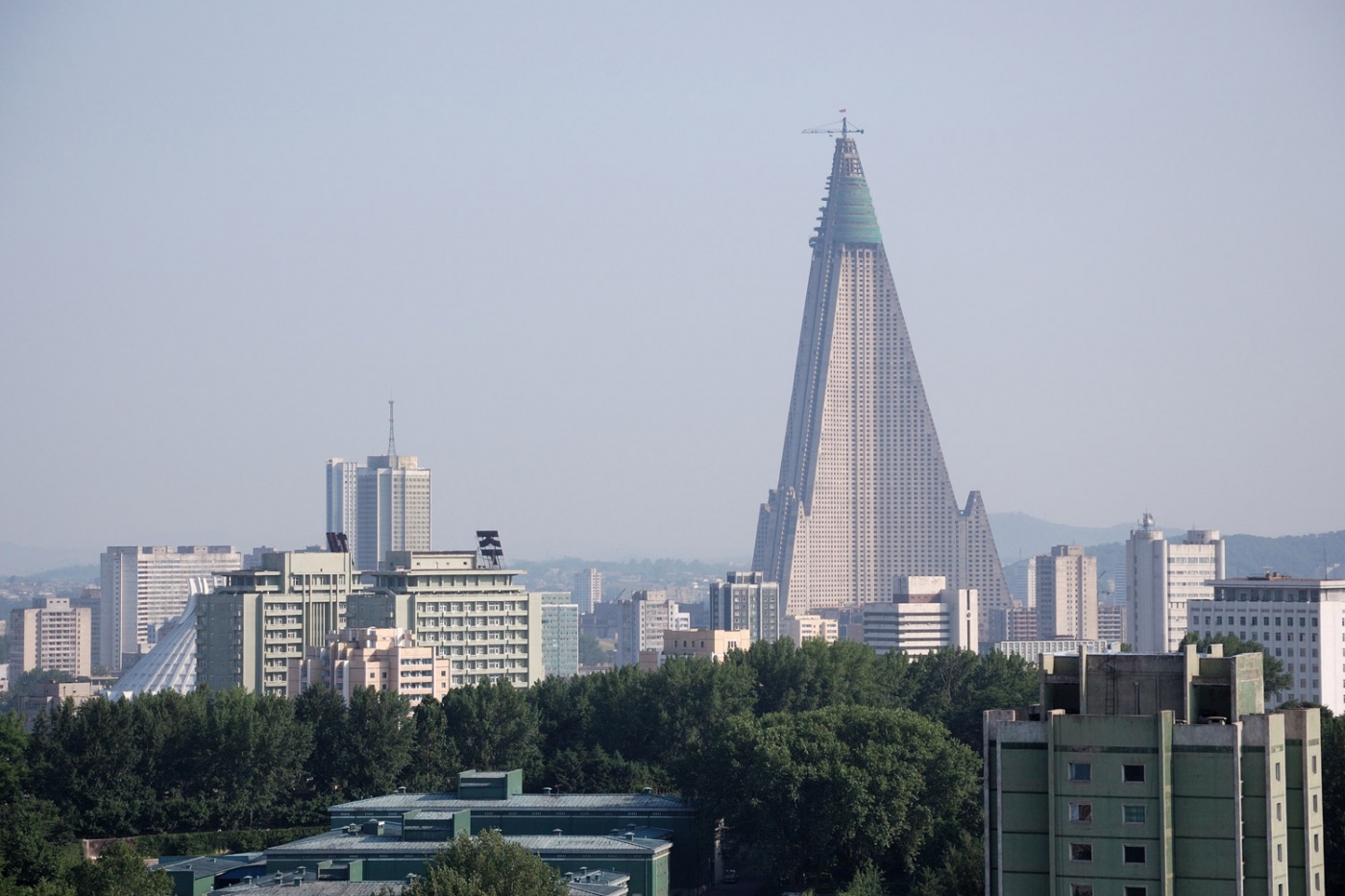Tensions Over North Korea Could Easily Flare Up
With the crisis having moved to a new level, the North Korean problem will be difficult to solve.
North Korea will remain an immediate geopolitical threat, given that it appears to now have both nuclear weapons and long‐range missiles to deploy them, according to Deutsche Bank Wealth Management’s latest CIO Insights.
The yield of North Korea’s bombs appears to have increased, but there is considerable uncertainty about their power or number. The assumption is that North Korea has managed to miniaturise these bombs (to allow it to be carried by missiles), but doubts remain about its ability to target them accurately on the U.S. or other places.
Tuan Huynh, CIO APAC and Head of WD APAC, commented, “The crisis appeared to have moved to a new level after a few missile tests this year. The North Korean leader, Kim Jong Un, is reported to have said that he will ‘wait a little more’ before deciding whether or not to fire the missiles. This has put President Trump on the back foot with his previous commitment that ‘North Korea will be met with fire and fury like the world has never seen’ followed by rather less bellicose language from U.S. Secretary of State Rex Tillerson and other senior figures. It is unclear that the next U.S. move will be.”
“The main hope at present is that China pressures North Korea into some sort of climb down. But if it does not, this may create a credibility problem for Trump, unless he can sell a further package of economic sanctions as a ‘victory’. This may turn out to be a problem that the U.S. has to learn to live with, rather than resolve.”
Asian Equities
Asian equities have suffered a correction as concerns around North Korea have escalated, with the current risk-off environment likely to weigh on Asian equities. A full-blown crisis would pose downside risks to trade, as South Korea is an important trade link in many global supply chains. It is also a major exporter of electronics and automobiles.
However, should Korean tensions be reduced, Asian equities are likely to be helped by strong economic fundamentals, ongoing reforms, regional trade cooperation, and robust consumption. The cyclical recovery, positive export growth, stable commodity prices and better corporate profitability should support earnings in the region.
Japanese equities have also been negatively affected by developments in the Korean Peninsula. JPY strength, resulting from risk-off demand for the currency, along with USD weakness, may continue to weigh on Japanese equities near-term.
However, over time continued central bank divergence should reverse the underperformance of Japanese equities. Future U.S. rate hikes will increase the yield differential and, assuming no political upsets, will likely result in a weaker JPY and a rally in Japanese equities.
Asian Emerging Markets Credit
There are opportunities in emerging markets and Asia within the fixed income space. It is likely that emerging market spreads will remain tight and even tighten further; meanwhile, higher interest rates are likely to cause sovereign yields to increase gently. U.S. 10-year yields are expected to move up to 2.6% by June 2018, from current levels of around 2.3%.
Inflation remains low, giving many emerging markets some leeway to use policy to boost GDP growth. While emerging market spreads are below average, they are still over 100bps above their low in 2005-2007 prior to the Great Recession in 2008- 2009.
Huynh explained, “After a disappointing few years, when growth was dragged by falling commodity prices as well as global issues, we see stronger emerging markets growth in 2017. Growth in a number of individual markets, including India, is likely to improve. Our views are similar to that of the IMF, which expects a recovery in most Asian economies.”
He added, “With interest rates remaining high in emerging markets compared with developed markets, we expect returns to outperform other major fixed income asset classes over the next 12 months.”


